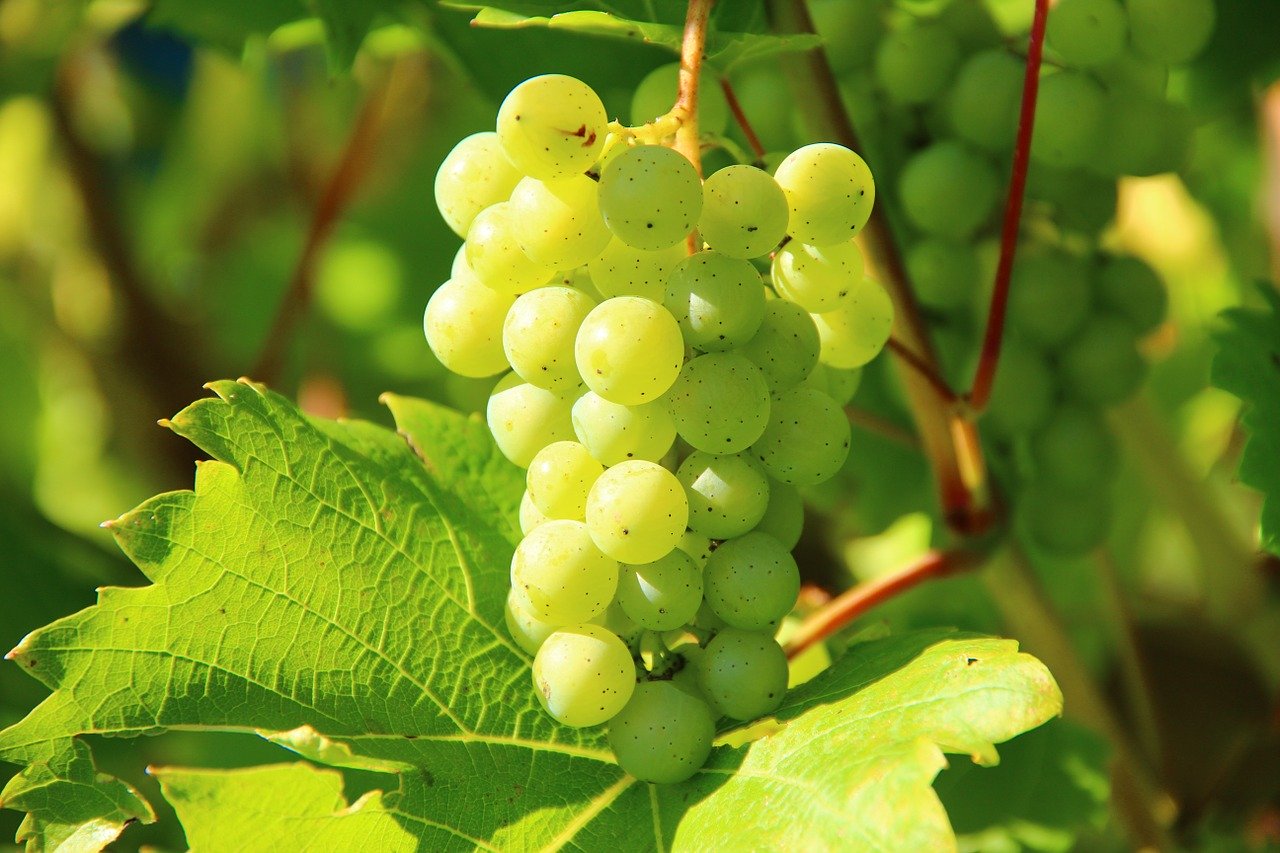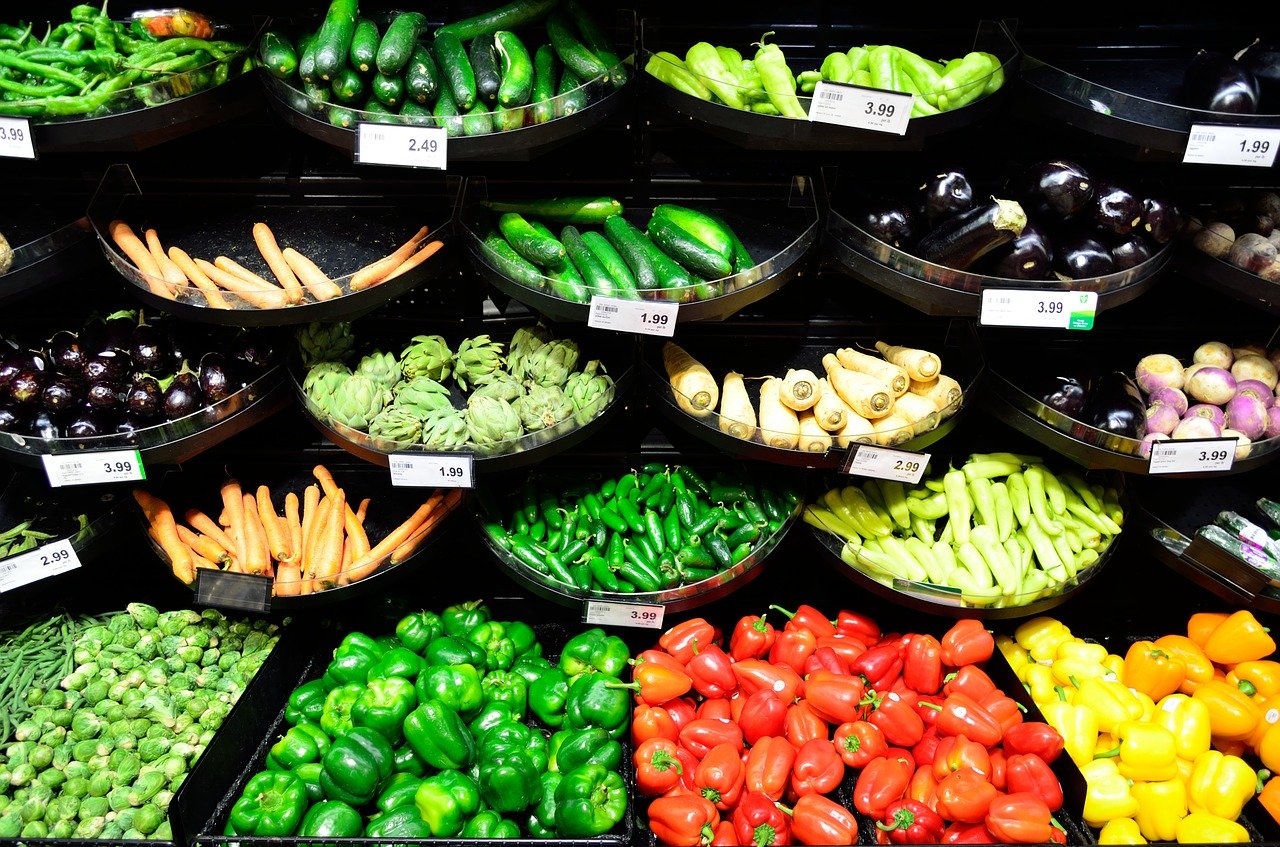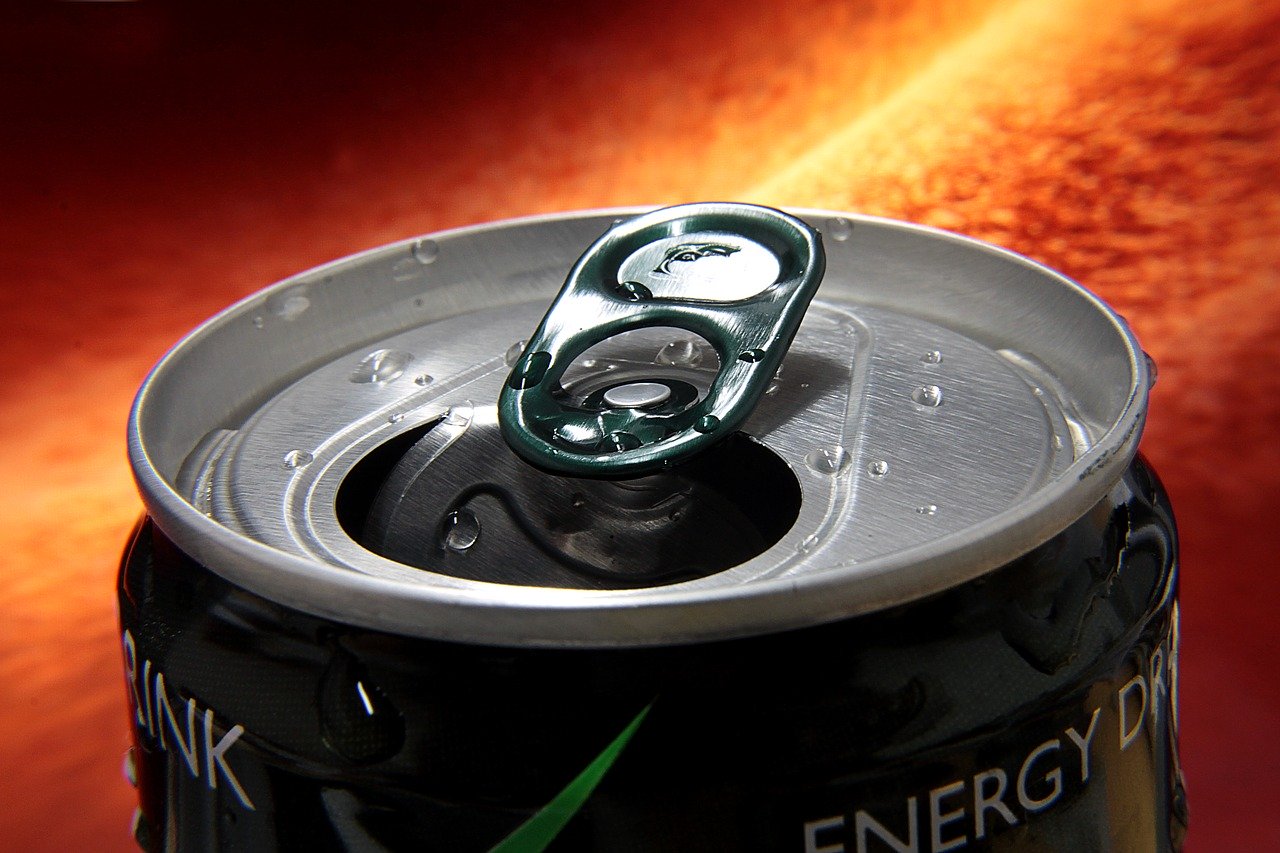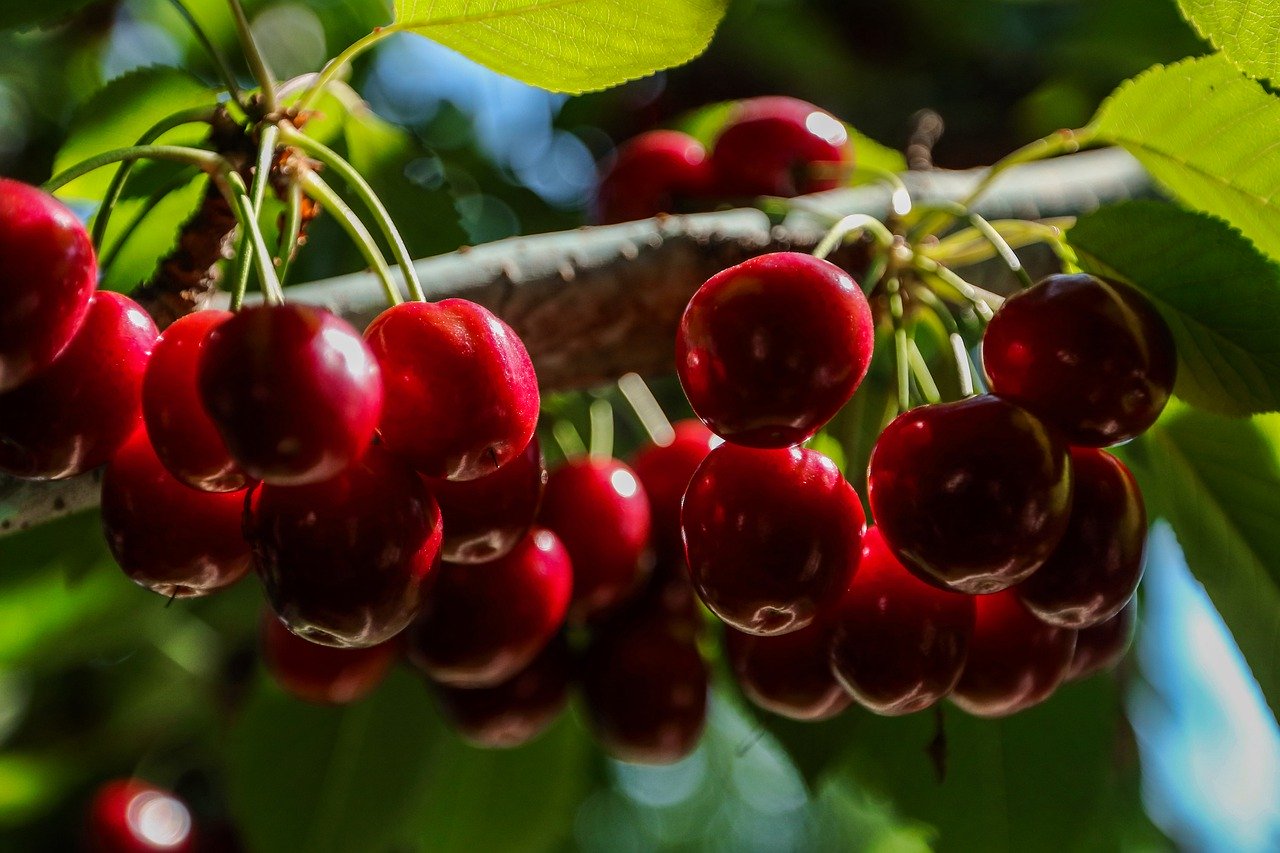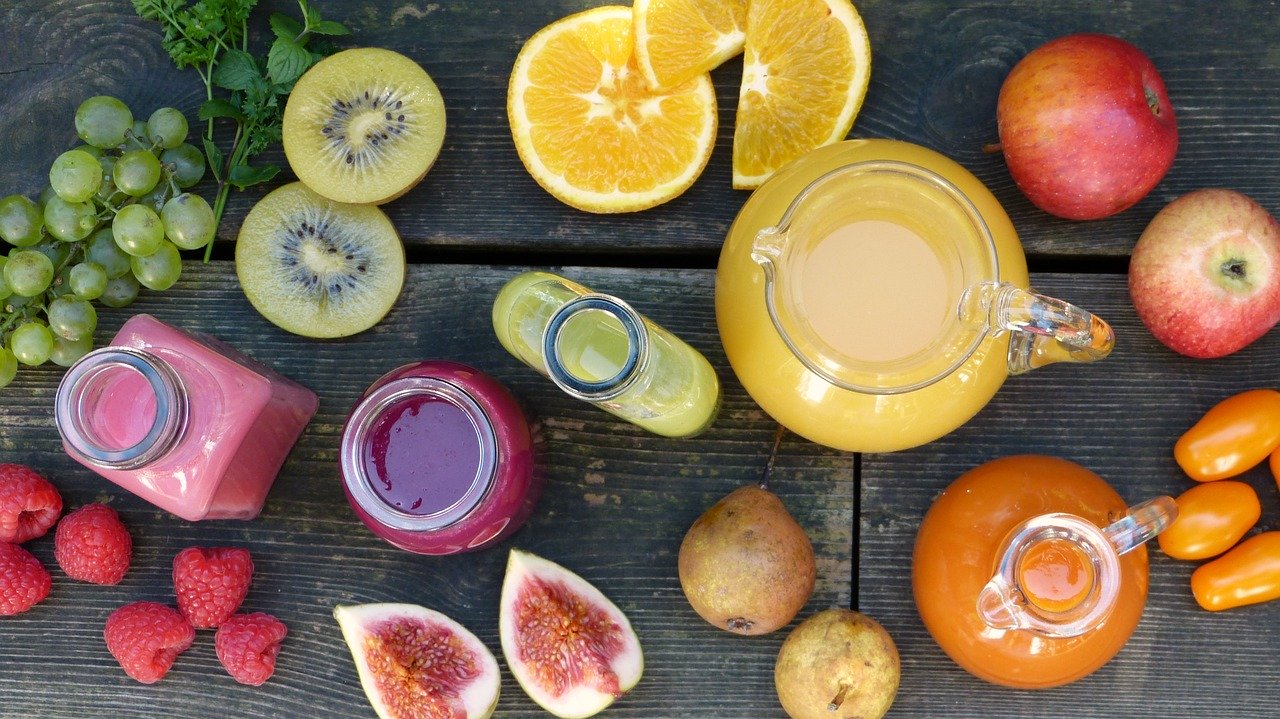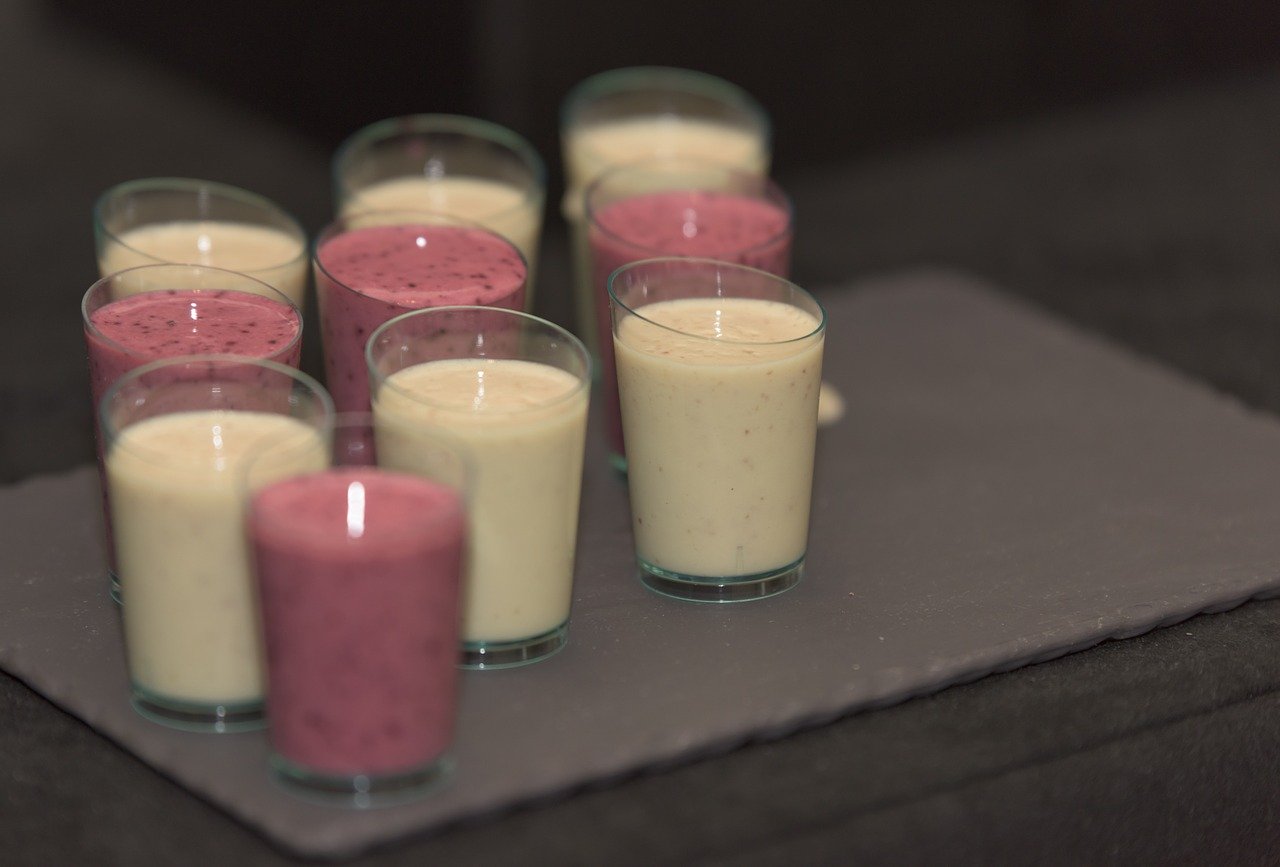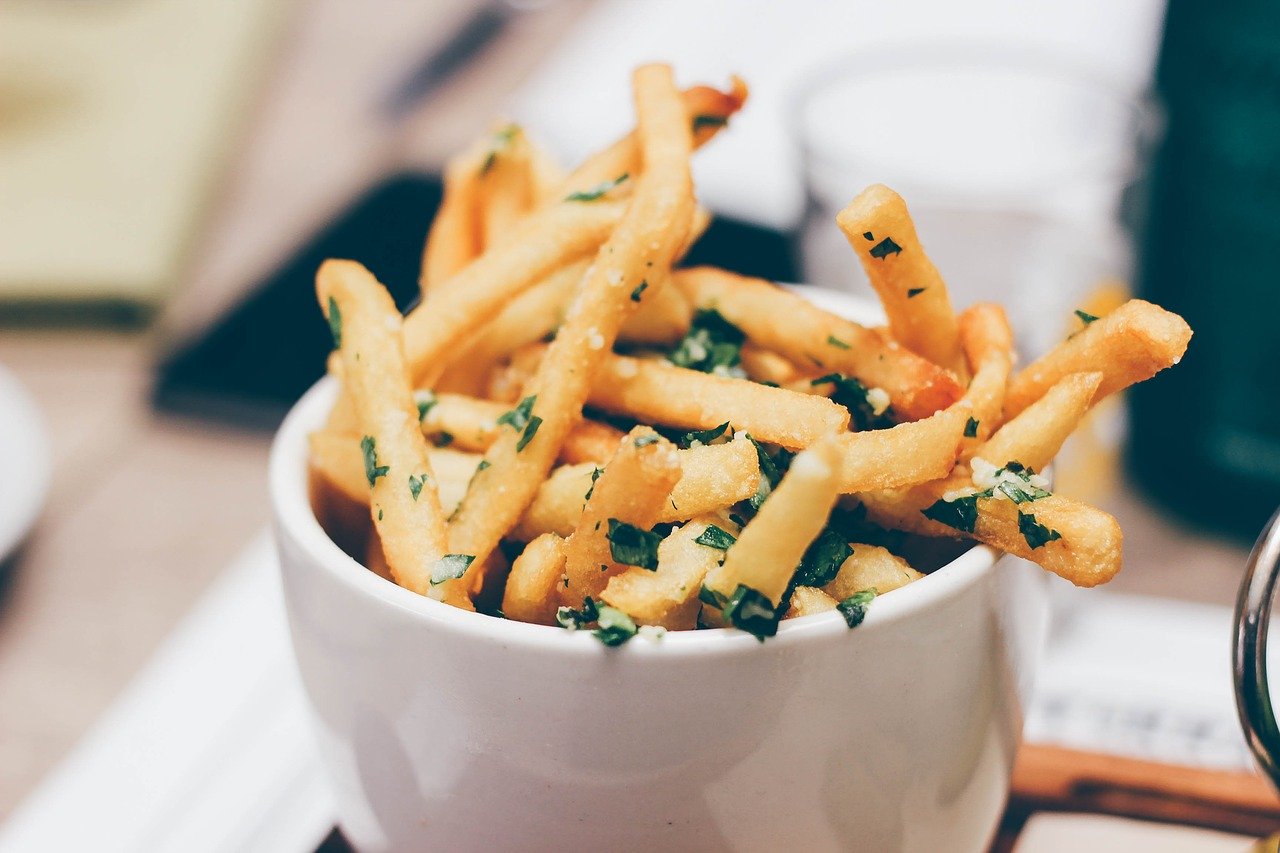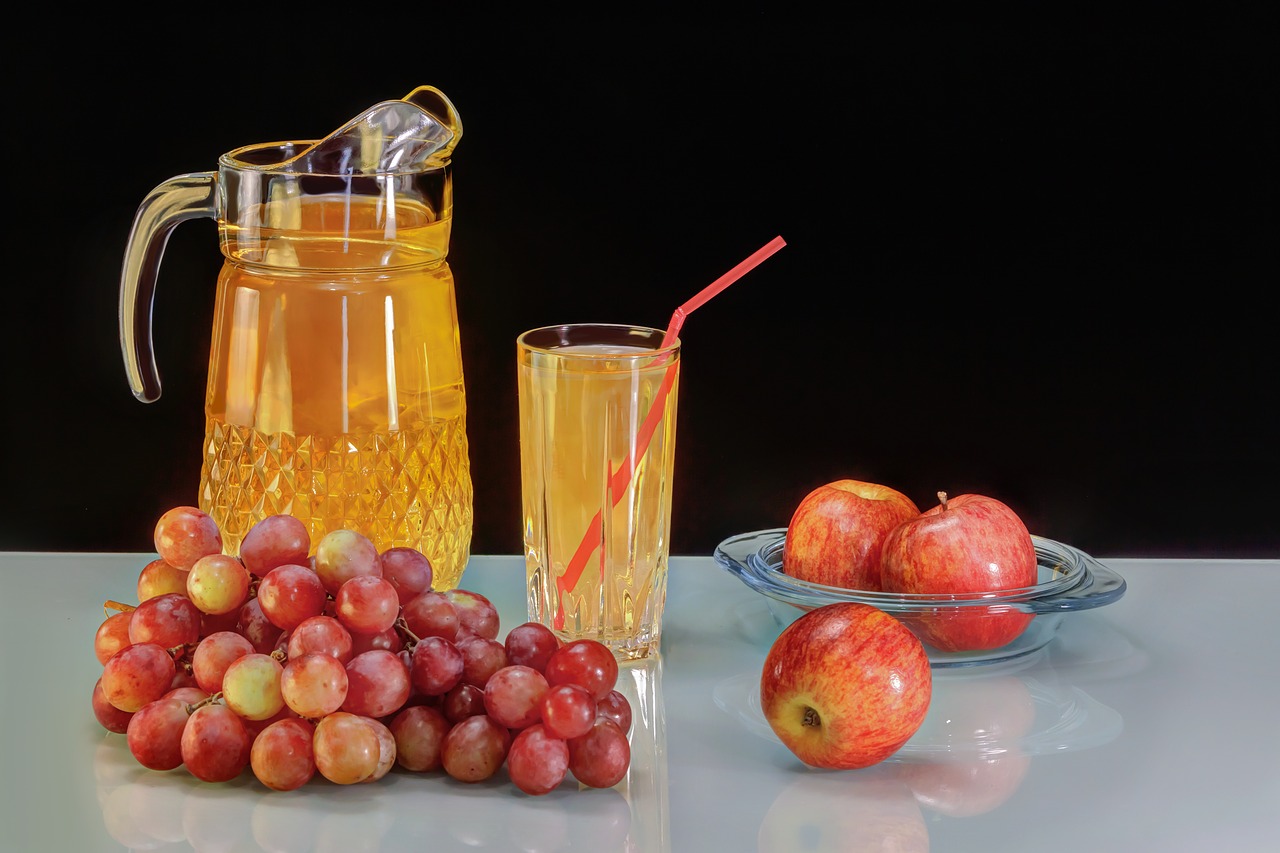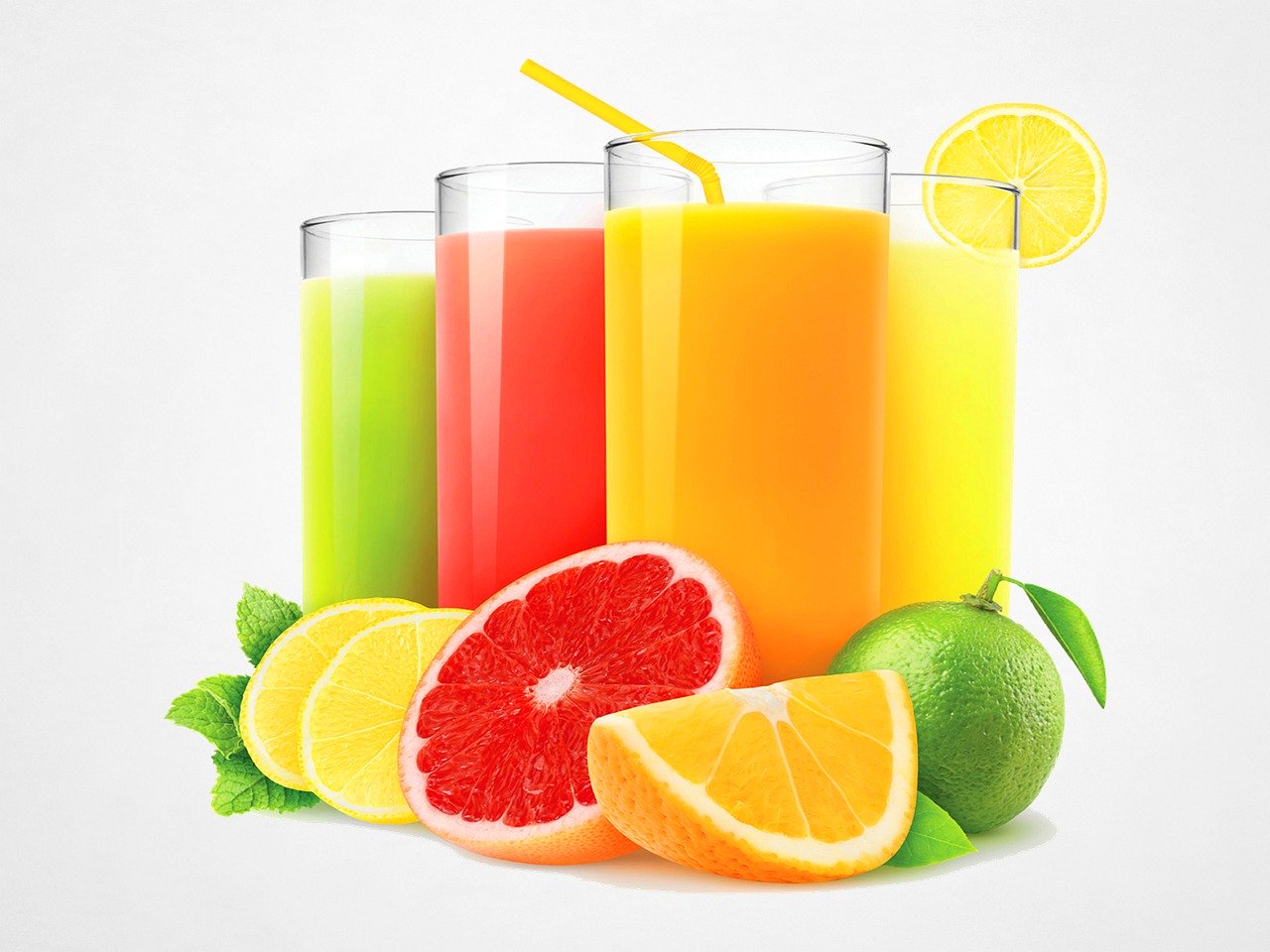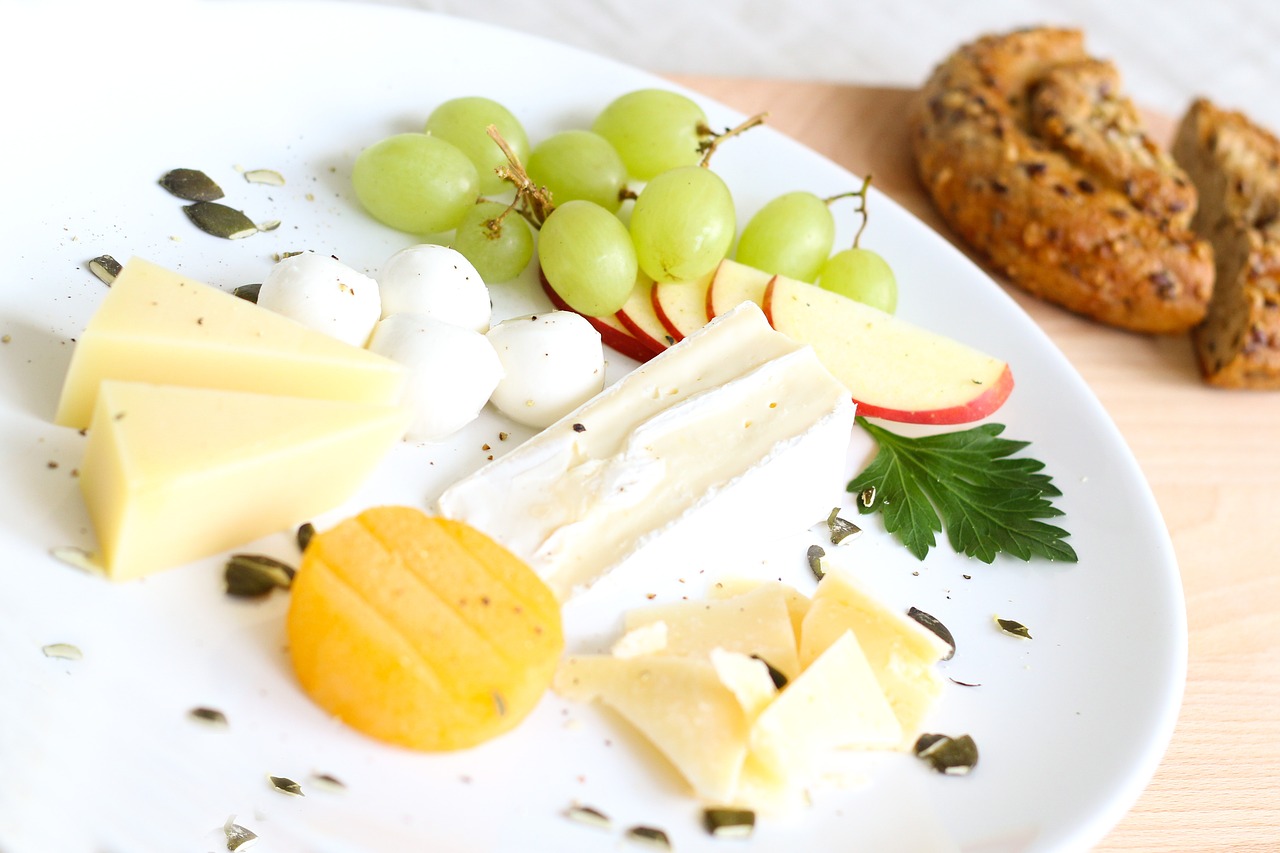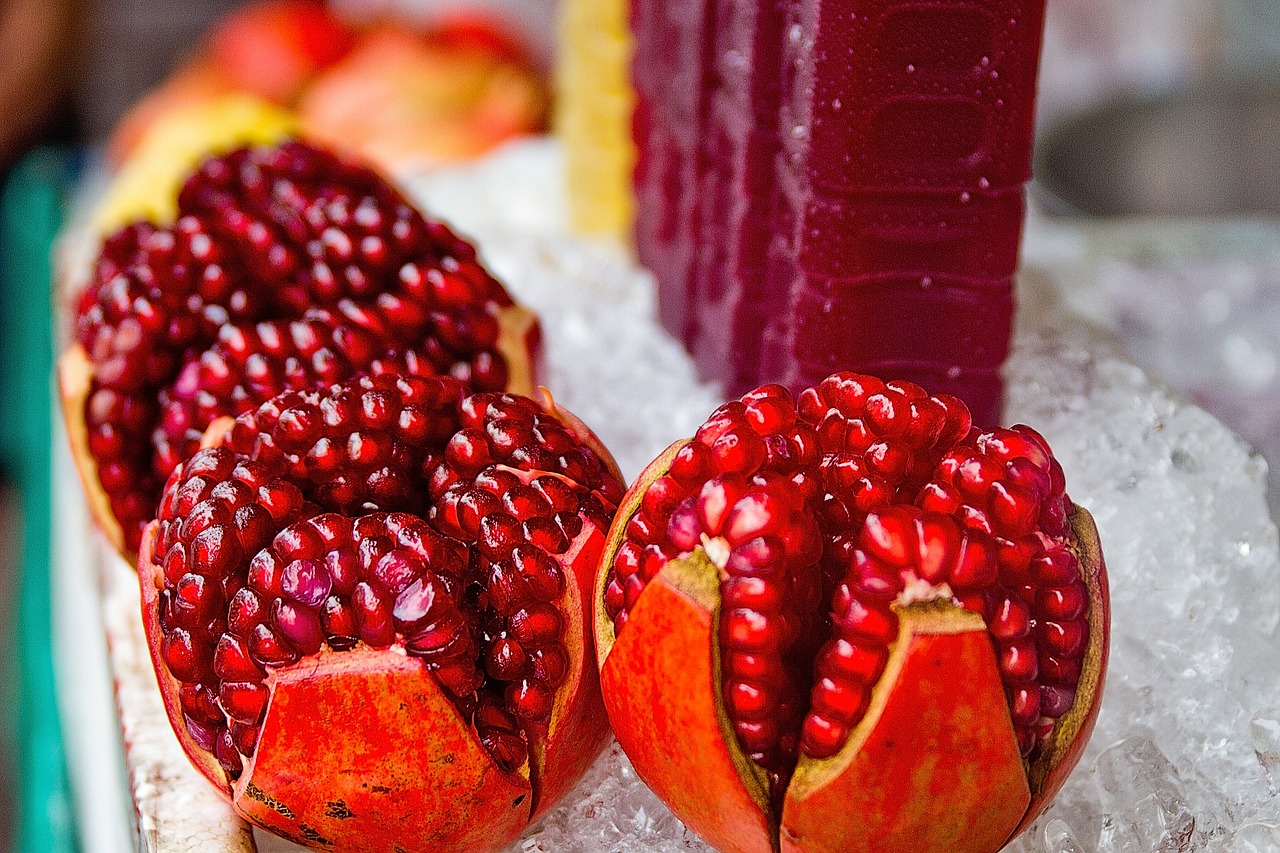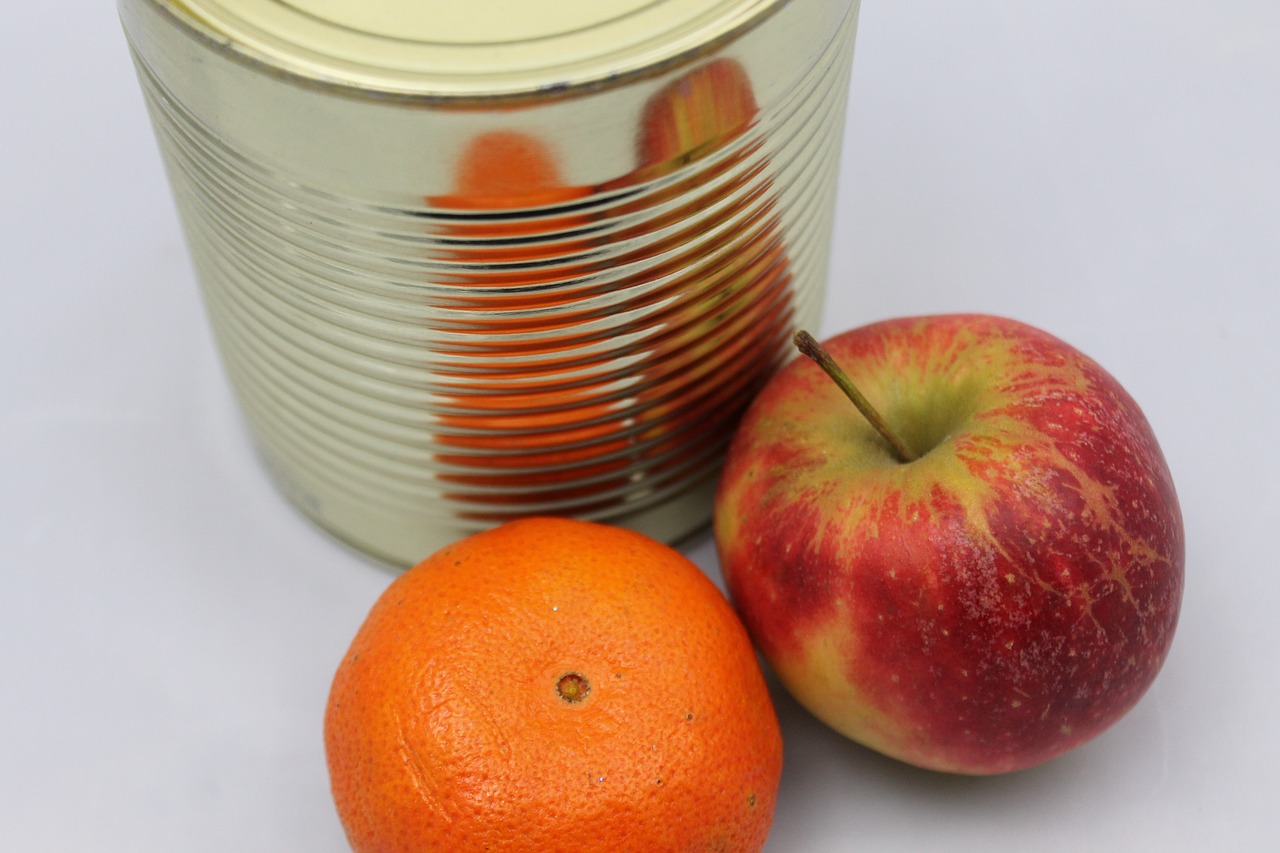In January 2019 researchers from Brazil published the results of their study to assess the effect of white grape juice supplementation on body mass index, waist and abdominal circumference, blood … Read more
Families with young children should be encouraged to increase water intake whilst reducing the intake of sugar-sweetened beverages and limiting 100% fruit juices to the recommended 4-6oz per day
In January 2019 researchers from the USA published the results of their study to assess the association between beverage intake and body weight in preschool-age children. Information on beverage intake … Read more
Restricting animal products while increasing healthy plant-based foods reduces the risk of diabetes type 2
In December 2019 researchers from Spain published their review on the association between dietary habits and the risk of developing diabetes type 2. Results showed that animal protein intake increases … Read more
As both classic and fruit energy drinks contain a large amount of caffeine and sugar, it would not be advisable to drink large amounts due to possible health issues
In January 2020 researchers from Poland published the results of their study to assess the content and antioxidant properties of 24 popular classic and fruit energy drinks. The content of … Read more
A diet high in carbohydrates increases the risk of diabetes type 2, the metabolic syndrome and cardiovascular disease
In November 2018 researchers from India published their review of the evidence that links dietary carbohydrates to the incidence of diabetes type 2 and the metabolic syndrome together with their … Read more
Tart cherry juice appears to reduce C-reactive protein levels (an inflammatory biomarker) and LDL(bad)-cholesterol
In January 2019 researchers from the USA and China published the results of their study to assess the effect of tart cherry juice on blood biomarkers of inflammation and oxidative … Read more
Carbonated drinks and packaged fruit juices cause dental enamel erosion
In December 2018 researchers from India and Saudi Arabia published their study to assess the erosive potential of twenty beverages on teeth. A total of 8 carbonated drinks and 12 … Read more
The erosive potential of soy beverages on dental enamel appears to be lower than non-soy based beverages
In July 2019 researchers from Brazil and the USA published the results of their study to assess the erosive potential of soy-based beverages in comparison to fruit juices of the … Read more
Iodine fortification of foods other than salt to prevent iodine deficiency disorders is uncertain although iodine levels are seen to significantly increase
In February 2019 researchers from Australia published their review of the medical scientific literature to assess the effect of fortifying foods, beverages, condiments, or seasonings with iodine alone or in … Read more
An inadequate consumption of vegetables and the consumption of soft drinks, processed juices, fried foods, and sweets appear to increase the risk of breast cancer
In January 2019 researchers from Iran published the results of their study to assess the relationship between dietary patterns and the risk of breast cancer in women aged under 50 … Read more
Potassium, magnesium, iron, manganese, as well as flavonoids and hydroxycinnamic acids are the most important micronutrients and biologically active substances found in grape juice
In December 2018 researchers from the Russian Federation published the results of their analysis to assess the nutrient profile of grape juice. Grape juice is not highly acidic and contains … Read more
Phthalates have been identified in fruit juice
In December 2018 researchers from the Russian Federation published the results of their study to assess the level of phthalates, a persistent organic pollutant in the environment, in domestic juice … Read more
Consumption of cheese and wholemeal bread may reduce the risk of diabetic retinopathy progression in adults with diabetes
In February 2019 researchers from China and Australia published the results of their study to assess the association between dietary intake with the 10-year incidence of diabetic retinopathy progression in … Read more
According to the European Committee on the Environment, Public Health and Food Safety, fruit juices are in the top 10 food products most at risk of food fraud, ie the intentional adulteration of food for financial advantage
In March 2019 researchers from Greece published their review on the quality and authenticity control of fruit juices. Food fraud, is the act of intentional adulteration of food for financial … Read more
Although no health claim for pomegranate has yet been authorised by the European Union, it should be noted that there may be significant mismatches between labelling and the content of bioactive compounds which is causing consumers to be misled over a product’s health benefits
In April 2019 researchers from Spain and Poland published the results of their study to compare the labelling information with the actual phytochemical content of pomegranate-based products. Punicalagin is responsible … Read more
The degree of processing influences the health effects of fruit-based products, with a high consumption of canned fruit and sweetened fruit juice being associated with an increased risk for diabetes type 2
In April 2019 researchers from France published the results of their review of the medical scientific literature to assess whether the degree of fruit processing influenced its effect on chronic … Read more
Consumption of ultra-processed foods is strongly associated with in increase in risk of frailty in older adults
In May 2019 researchers from Spain, the USA and Sweden published the results of their study to assess the association between ultra-processed food intake and frailty in community-dwelling older adults. … Read more
Call for action on the consumption of sugar-sweetened beverages: Position Paper on behalf of the European Academy of Paediatrics and the European Childhood Obesity Group
In April 2019 researchers from Poland, Belgium, Austria, Italy, Germany, France, Israel and Cyprus published a Position Paper on behalf of the European Academy of Paediatrics and the European Childhood … Read more
Governments should adopt policies to limit the intake of free sugars of up to 5% energy intake for children and adolescents aged between 2-18 years and even lower for infants and toddlers under 2 years
In December 2017 researchers from Slovenia, Switzerland, Czech Republic, Spain, Sweden, UK, Croatia, The Netherlands, Italy, France, USA, Germany, and Denmark on behalf of the European Society for Paediatric Gastroenterology, … Read more
Sugar-sweetened beverages and fruit juice appear to increase the risk of gout but fruit consumption does not appear to increase the risk
In May 2019 researchers from Canada published the results of their review of the medical scientific literature to assess the association between important food sources of fructose-containing sugars with gout … Read more

